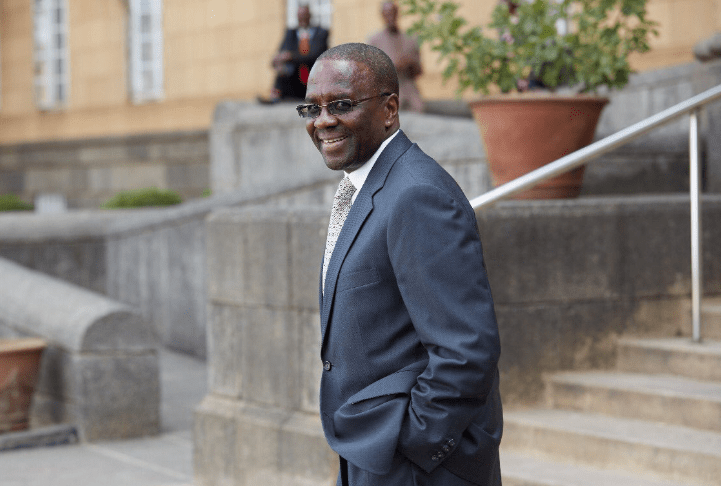What the opposition can do differently to win in 2027

For the opposition to win against the Kenya Kwanza government, a lot needs to be done. Dreams do not win elections; strategies do. If they fail to change their tactics, they will fail again.
The opposition must think innovatively to keep their chances high. It’s time to stop depending on tribal leaders, backroom deals, and traditional press conferences. Instead, they should work to create a dynamic and inclusive movement that appeals to the youth and shakes up politics from TikTok to the tiniest village.
From the look of things, Kenyans are tired of recycled faces and alliances built in closed-door meetings, and that end up collapsing before the ink dries.
In 2002, Kenyans toppled KANU’s 40-year grip. Why? Because the opposition united under NARC. Mwai Kibaki, Charity Ngilu, Wamalwa Kijana, and Raila Odinga dropped their egos and rallied around one simple message: ‘Yote Yawezekana’. People believed it, and they voted in droves. The excitement was real, from Nairobi’s streets to the remotest Kalukwakerith Mountain in Turkana.
Since then, the opposition has fallen back into old traps. Coalitions fell apart in the 2007, 2013, 2017, and 2022 general elections because of weak negotiations among powerful individuals instead of mutual trust. Every time, dissension and treachery destroyed the optimism that had been built. For the current opposition to thrive, let us borrow a leaf from history.
Worldwide, smart opposition movements have shown a different path. Brazil’s Lula da Silva, once jailed and written off, returned to win in 2022 by building deep networks offline and online. His promise was simple: fight poverty and inequality. He connected with ordinary people in favelas and online spaces alike. In Chile, memes and TikTok turned politics into a youth movement, propelling Gabriel Boric, a 35-year-old former student leader, to the presidency. In France, Emmanuel Macron ditched old parties, trained an army of volunteers, and knocked on 300,000 doors. After six months, his movement, En Marche! Shook the system and won.
Kenya’s opposition can do the same, but only if they drop the old playbook. They must flip the script; the message comes before the candidate. Too often, leaders scramble to anoint a flag-bearer, then scramble again to invent a message. It should be the other way around. Speak to people’s pain, joblessness, the high cost of living, and injustice. Make the campaign about the people, not about personalities. Let the candidate emerge as a servant of that cause, not its master.
Kenyan youths are angry, jobless, and restless. They feel ignored by the political class. However, they are noisy on digital platforms. The opposition must confront them with witty videos, jokes, and music instead of lengthy talks. In Chile, humour and creativity made politics exciting again. Kenya’s youth can do the same if given the tools and the space.
But digital alone will not be enough. A campaign is needed on the ground. Train young volunteers. Send them into villages, towns, and cities. Knock on doors. Listen to people’s problems. Offer solutions.
The writer is an Innovations Evangelist and a PhD Candidate; machariamuhoho@gmail.com















